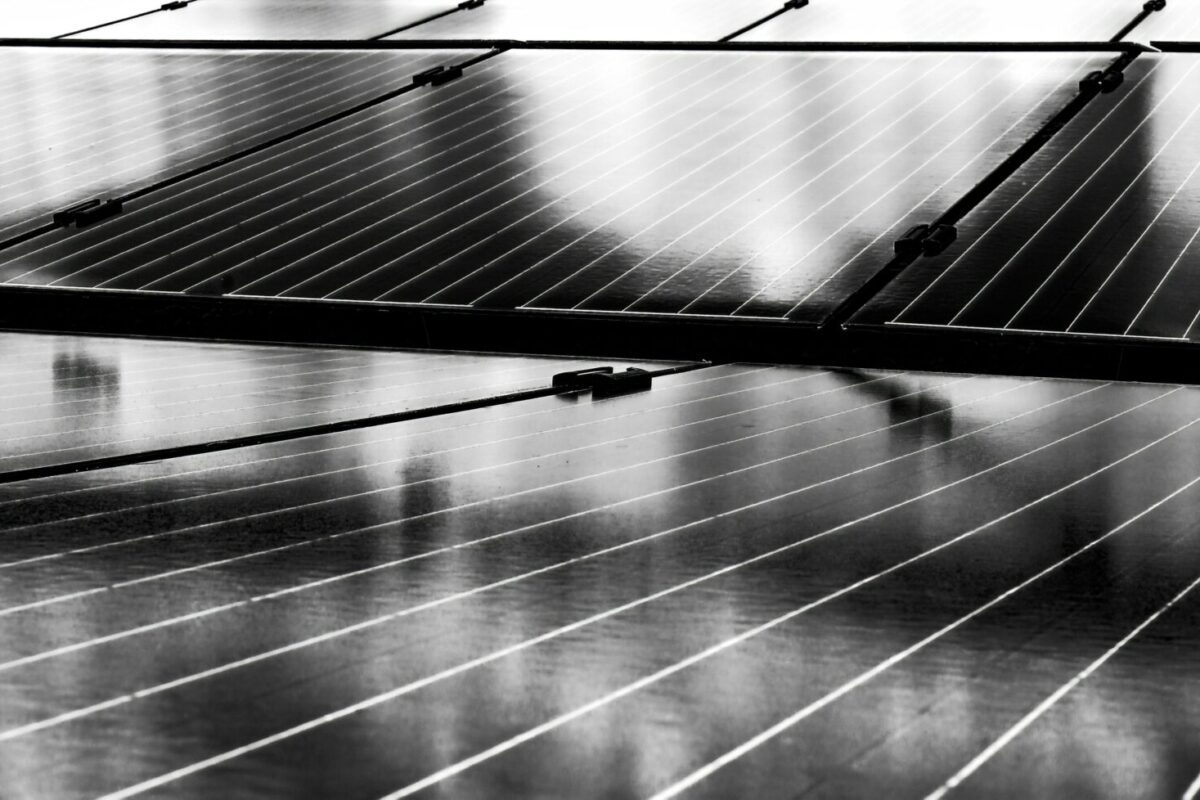Greek energy regulator, RAE published yesterday a list of disqualified solar PV projects, which will not be allowed to participate in the upcoming tender on July 2.
This is mainly due to incomplete applications, it said; for example, those that failed to upload all the necessary paperwork online, as required by the tender rules.
Initially, RAE published a list of disqualified projects last week, however rejected applicants had the right to appeal the decision. The results of the appeal were then announced yesterday.
Disqualified projects
Next week’s solar PV tender will run two separate rounds. The first concerns projects between 500 KW and 1 MW in size, while the second regards projects with a capacity larger than 1 MW and up to 20 MW.
pv magazine recently reported that the first round attracted applications for PV 177 projects totaling 105.95 MW, while the second attracted applications for 34 projects worth 197.21 MW of capacity.
According to RAE’s information, the regulator has disqualified 22 projects from the first round, and 21 from the second. This corresponds to 11.88 MW and a staggering 103.77 MW of solar PV capacity, respectively, which has been disqualified from July’s tender.
Just 107 MW awarded
Furthermore, according to the tender rules, the upcoming auction must be adequately subscribed. An adequate level of participation, RAE has ruled, equals at least 75% of capacity participating in the tender, on top of the capacity being awarded.
Given this, Greece’s tender next week will award just 53.75 MW of PV capacity under the first round, and 53.4 MW under the second.
RAE has confirmed it remains committed to the national goal of tendering 300 MW of new solar PV capacity in 2018 and for this reason, it will run a second tender by the end of the year. Details for when the second tender will take place will be published by the end of September, it added.
Foreign investors
Based on pv magazine information, the Greek tender has attracted vast interest among foreign investors; however they are struggling to gather the necessary licenses that allow their projects to enter the tender.
Such licenses include a grid connection agreement, or an offer by Greece’s distribution grid electricity operator to connect a candidate PV project to the grid.
This content is protected by copyright and may not be reused. If you want to cooperate with us and would like to reuse some of our content, please contact: editors@pv-magazine.com.



By submitting this form you agree to pv magazine using your data for the purposes of publishing your comment.
Your personal data will only be disclosed or otherwise transmitted to third parties for the purposes of spam filtering or if this is necessary for technical maintenance of the website. Any other transfer to third parties will not take place unless this is justified on the basis of applicable data protection regulations or if pv magazine is legally obliged to do so.
You may revoke this consent at any time with effect for the future, in which case your personal data will be deleted immediately. Otherwise, your data will be deleted if pv magazine has processed your request or the purpose of data storage is fulfilled.
Further information on data privacy can be found in our Data Protection Policy.